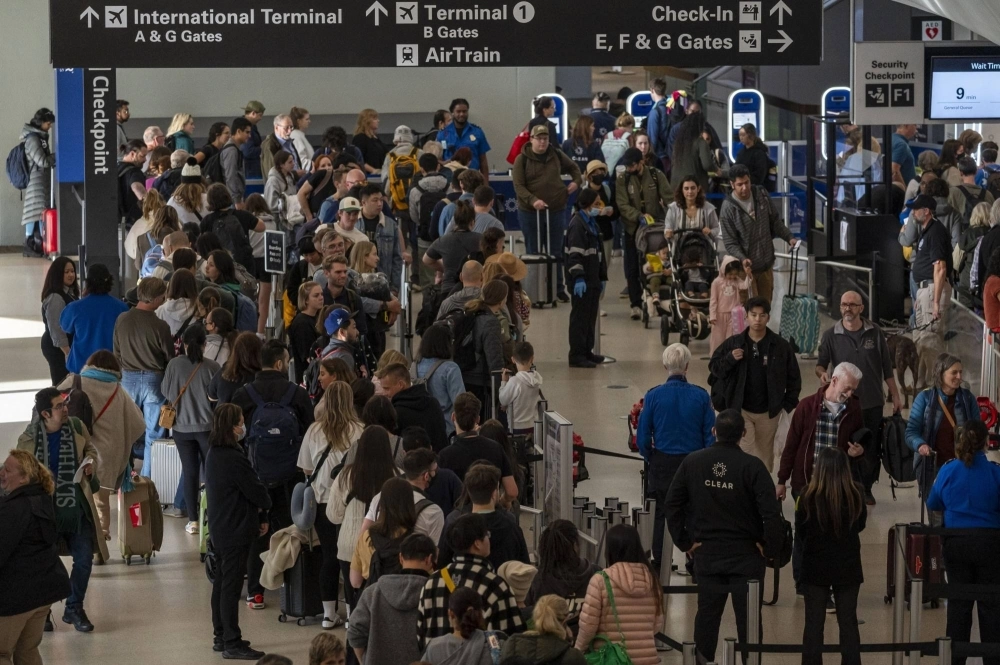Imagine it’s the year 2030 and you’re heading to the airport to catch a flight. At the curb, you hop onto a Segway-like scooter that will serve as your personal airport vehicle. It scans data from your phone to determine your gate number and glides in and out of massive elevator banks — no escalators — to move between check-in and security floors. Along the way, a machine scans your face to verify your identity and directs you to an individual security tunnel where you self-screen your luggage.
None of this is science fiction. Within six years, architecture firm Gensler says it will install such a prototype at a major North American airport, including all of the above features.
"Airports are starting to shift toward autonomy,” says Ty Osbaugh, who is heading up the project as Gensler’s global cities sector leader. Airport innovation is happening faster than we think, he says, foreseeing a focus on self-service in keeping with an already dominant lifestyle that prefers digitization to real-life interactions.



















With your current subscription plan you can comment on stories. However, before writing your first comment, please create a display name in the Profile section of your subscriber account page.